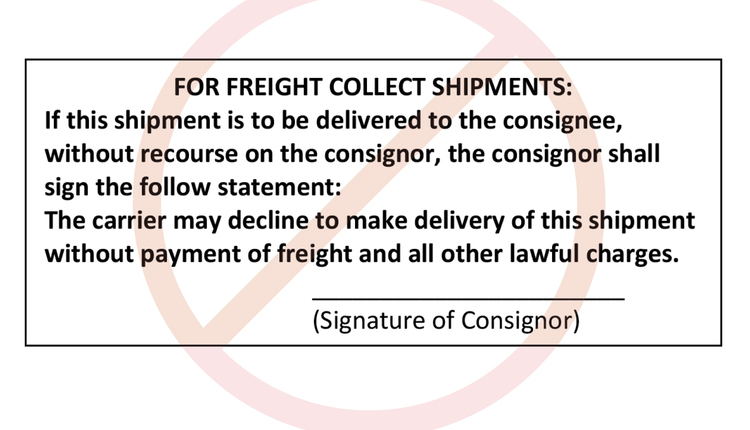This article originally appeared in the November/December, 2017 issue of PARCEL.
In this installment of PARCEL Counsel, we will take a look at the legal characteristics of UPS and FedEx. While people tend to think of these two corporate giants as just that, i.e., “UPS” or “FedEx,” both are, in fact, comprised of many separate corporate entities and affiliates. For parcel shippers involved in operations with a primary focus on getting their parcels from here to there, at the lowest possible price, these legal distinctions may not affect them on a day-to-day basis. However, for parcel shippers involved in matters such as contracting and loss and damage claims, it is critically important to be aware of these differences.
By way of background, United Parcel Service began life as a motor carrier in 1907 delivering packages in the Seattle, Washington area. FedEx began operations in 1971 as an air carrier based in Memphis, Tennessee. However, both of these companies have grown to be worldwide enterprises and now operate, amongst other things, as a:
- Motor Common Carrier
- Motor Contract Carrier
- Property Broker, i.e., truck broker
- Domestic Air Carrier
- International Air Carrier
- Ocean Freight Forwarder
- Non-Vessel Operating Common Carrier (NVOCC)
- Customs Broker
The significance of this is that these various modes of transportation and types of services are each subject to a separate legal regime. For instance, when operating as motor carriers or truck brokers, they are subject to Title 49 of the United States statutes, which includes the Carmack Amendment pertaining to loss and damage claims. However, when operating as an Ocean Freight Forwarder or Non-Vessel Operating Common Carrier (NVOCC), they are subject to, in addition to other laws and regulations, an international treaty known as COGSA (Carriage of Goods by Sea Act), which governs claims for loss and damage and other matters as well.
When acting as an International Air Carrier, they are subject to, in addition to other laws and regulations, a treaty known as the Warsaw Convention, which governs loss and damage claims. On the other hand, the rates, routes, and services of domestic air carriers are not regulated. Such carriers may establish their own terms and conditions as they choose.
In the absence of an individually negotiated contract, the customers of UPS and FedEx will be subject to those entities’ standard terms and conditions. These can be quite voluminous. The following is a list of some of the UPS Terms and Conditions of service as found on their website:
- Air Freight Terms and Conditions of Contract
- UPS Tariff/Terms and Conditions of Service
- LTL Rules Tariff (U.S., Canada and Mexico)
- Non-Vessel Operating Common Carrier (NVOCC) Terms and Conditions
- Ocean Freight Forwarding Terms and Conditions
- Warehousing, Distribution and Logistics Terms and Conditions of Service
- Customs Brokerage and Freight Forwarding Terms and Conditions
FedEx has a similar set of controlling rules.
To sum up, in an operational sense, UPS and FedEx may be “one big company.” When dealing in legal matters, and especially when problems arise, it is necessary to separate out the individual companies so as to know which terms and conditions would apply and which ones would not. And the best practice is to know these distinctions BEFORE problems arise and while entering into a relationship with one or more of the business units of UPS and FedEX.
All for now!
Brent Wm. Primus, J.D., is the CEO of Primus Law Office, P.A. and the Senior Editor of transportlawtexts, inc. Previous columns, including those of William J. Augello, may be found on the PARCEL website at http://parcelindustry.com/by-author-1130-1.html. Your questions are welcome at brent@primuslawoffice.com.















